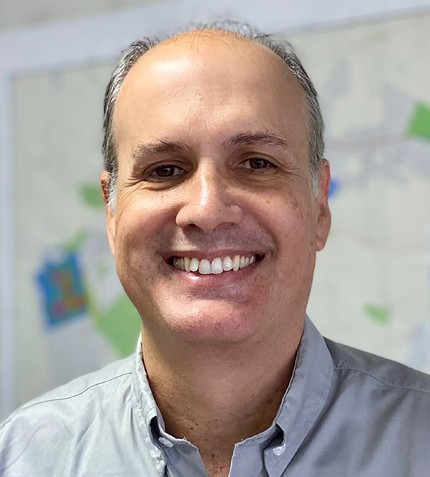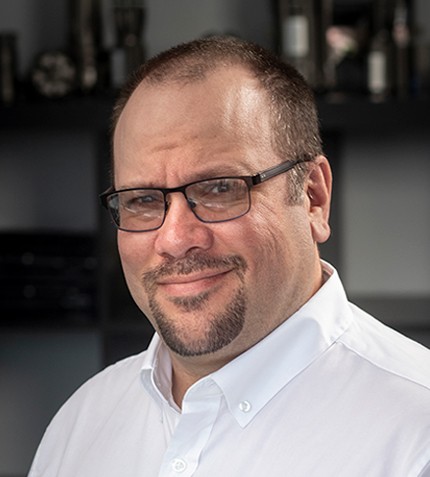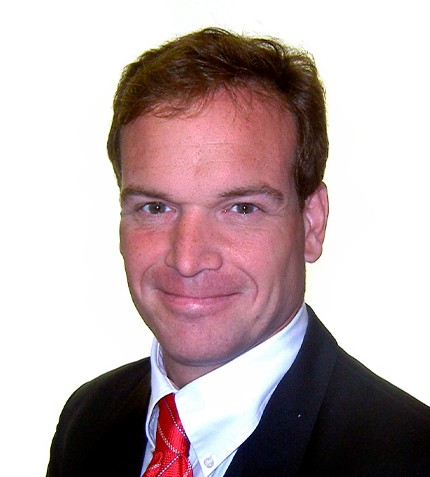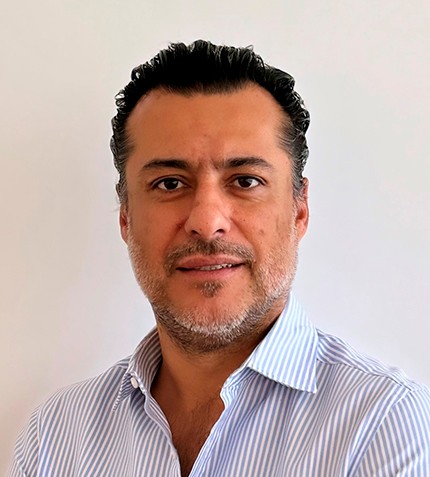
"Our Ferro Potiguar project will use dry stacking systems and will probably be the first iron ore project in the country to use recycled water in its operations."
Rodrigo Santos
GENERAL MANAGER, FOMENTO DO BRASIL
Can you introduce Fomento do Brasil?
Fomento do Brasil, part of Group Fomento, was founded in 2013, when the company acquired more than 11 greenfield mineral rights in Rio Grande do Norte, a semi-arid region in northeastern Brazil. The property consists of 22000 hectars and is located 80 kilometers from Natal Airport.
One of the main features of our company is our strong focus on sustainability. Our Ferro Potiguar project will use dry stacking systems and will probably be the first iron ore project in the country to use recycled water in its operations. Ferro Potiguar is a lean project; we expect to produce 1.5 million t/y of pellet feet. The pellet feet will be approximately 66.6% of iron ore green with low silica and alumina content of less than 8% and 1%, respectively. The mine has more than 180 million tons of iron ore resources and has an expected life cycle of 18 years. We are planning a CAPEX of US$ 250 million.
What have been the main priorities of Fomento do Brasil over the past 12 months?
Last year, we completed our pre-feasibility study with internal resources. The company has also focused on advancing the social and governance aspects of the Ferro Potiguar project. We have worked hard to build positive relationships with the surrounding communities, particularly the five municipalities where the project will be developed.
In 2023, we prioritized obtaining a preliminary environmental license and complete our Prefeasibility study. To this end, we have established public-private partnerships for the implementation of a water recycling system. As the region is semi-arid, water management is a key concern for the local population, so we must ensure optimal use of hydric resources.
Can you elaborate on the environmental approach of Fomento do Brasil?
In terms of environmental protection, we will invest in a 100 km water pipeline to collect reuse water from the five surrounding municipalities to supply our operations and, after the end operations, the pipeline will be a legacy for the communities. We are also investing in dry stacking technologies so project does not involve any tailings dams, another sensitive issue in Brazil.
In terms of energy efficiency, we will introduce high-pressure grinding rolls. This technology will allow us to increase grinding efficiency and optimize energy use in the comminution process. Another initiative in this regard is the installation of solar panels. Rio Grande do Norte hosts some of the largest solar plants in the country.
As for the social dimension, we have made efforts to achieve gender equality. More than 27% of our workforce are women, 10% higher than the mining industry average. We also promote local social development by recruiting local talent and providing training; 73% of our employees are from Rio Grande do Norte. Fomento do Brasil has launched the Construir e Fomentar program with local communities to support local people to develop projects according to their preferences, whether in the areas of culture, education, or sports. We have invested more than R$ 280.000,00 to improve people´s lives. Additionally, the Ferro Potiguar project will generate more than 2.000 jobs and allow the government to collect around R$1,5 billion in taxes that can be used to build infrastructure and promote development in the municipalities. We want to show the communities that we can do things differently.
What are the main obstacles and opportunities for the development of new iron ore projects?
The iron ore industry has introduced various technologies to minimize environmental impacts, increase human safety, and optimize productivity. However, the regulatory framework can still be a barrier. While it is crucial to ensure environmental compliance, the government also needs to streamline permitting procedures.
In terms of opportunities, Brazil is ahead of other Latin American countries in renewable energy generation capacity, as we have a high percentage of solar and hydropower. However, we still need to develop the logistical infrastructure. Brazil also has enormous reserves of very high-grade iron ore, as well as other critical minerals such as rare earths, copper, lithium, and others.
What are the main objectives of Fomento do Brazil for the next year?
First, we want to obtain the installation license for our Ferro Potiguar project. We also expect to conclude our Feasibility studies, consolidate our public-private partnerships to advance our water reuse system and expand our mineral resources.










